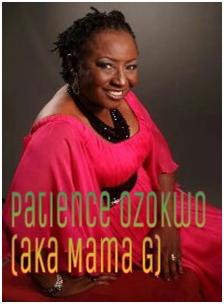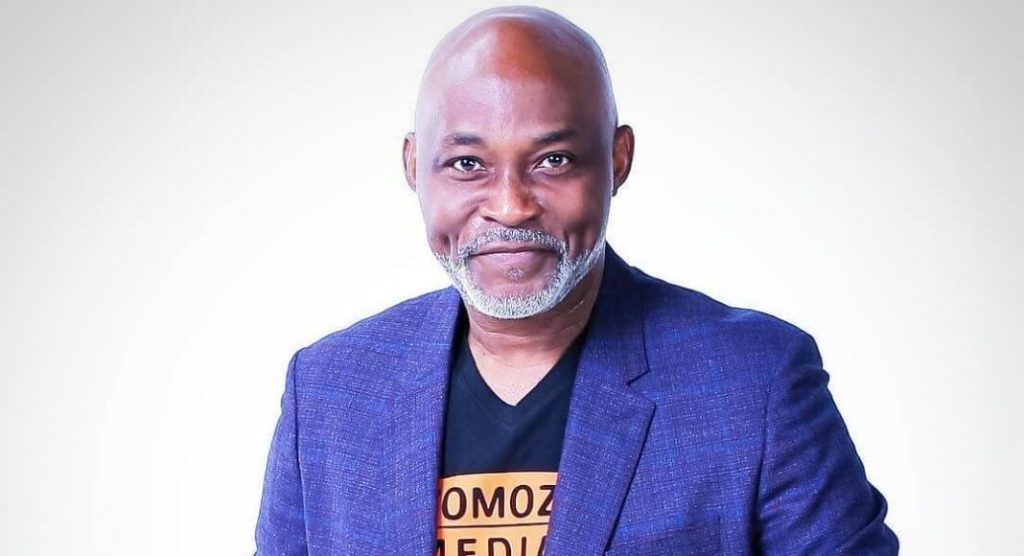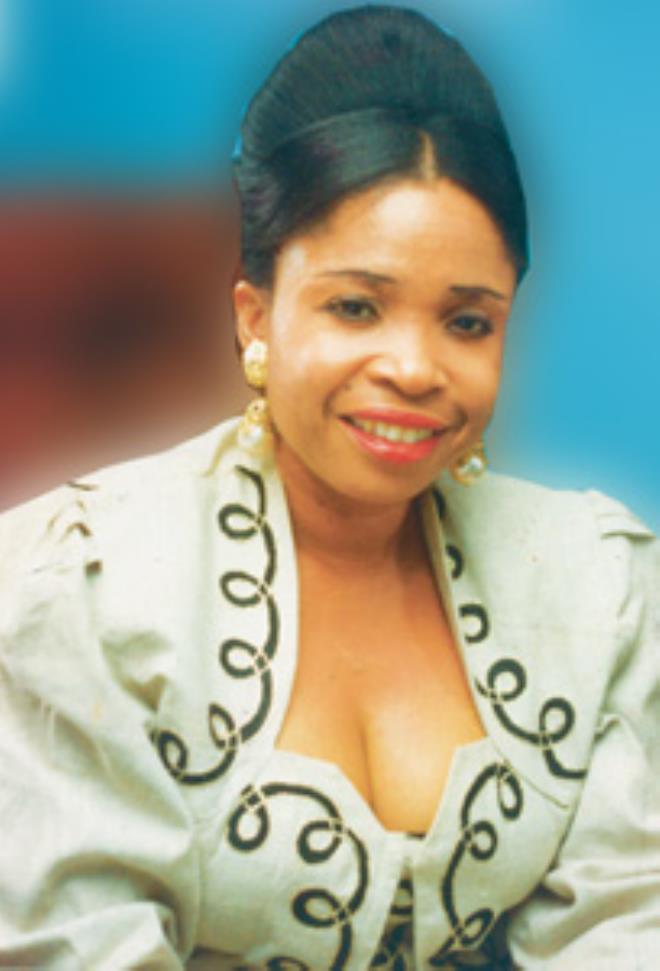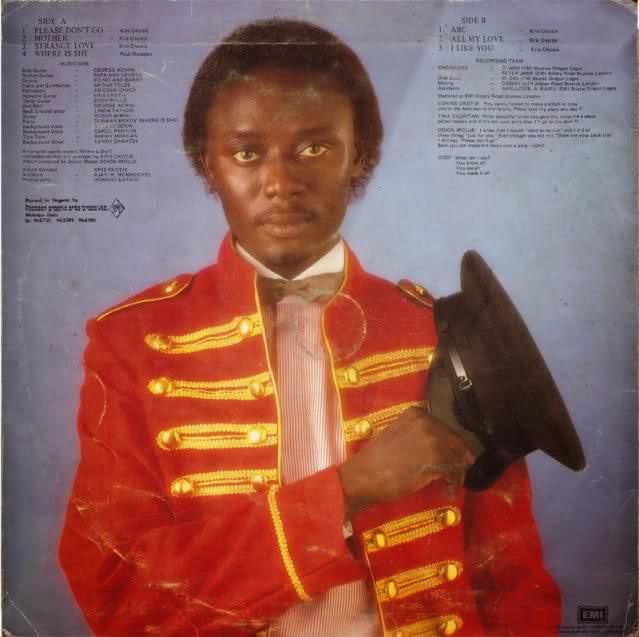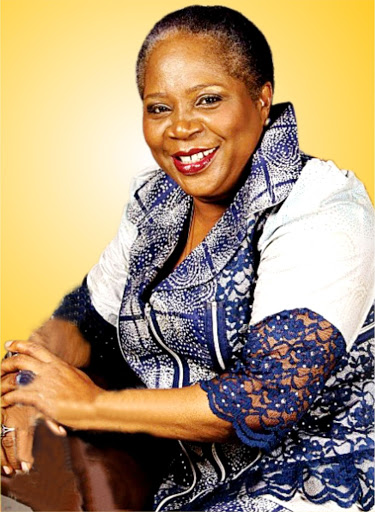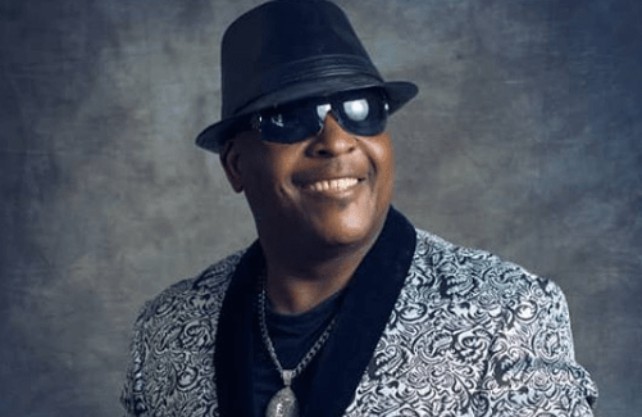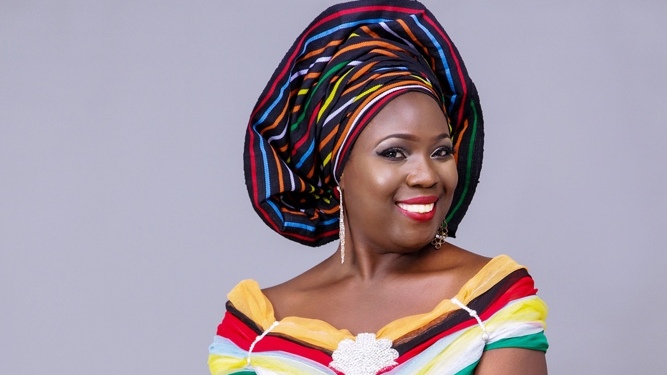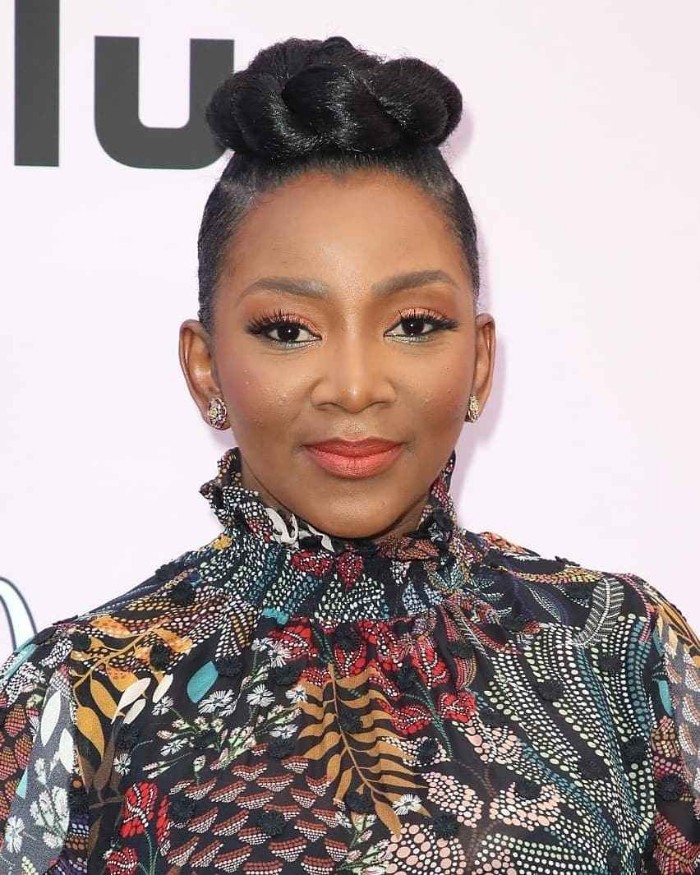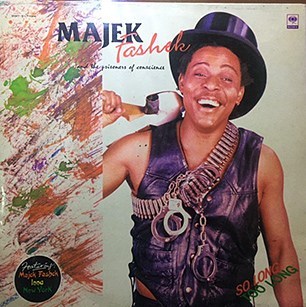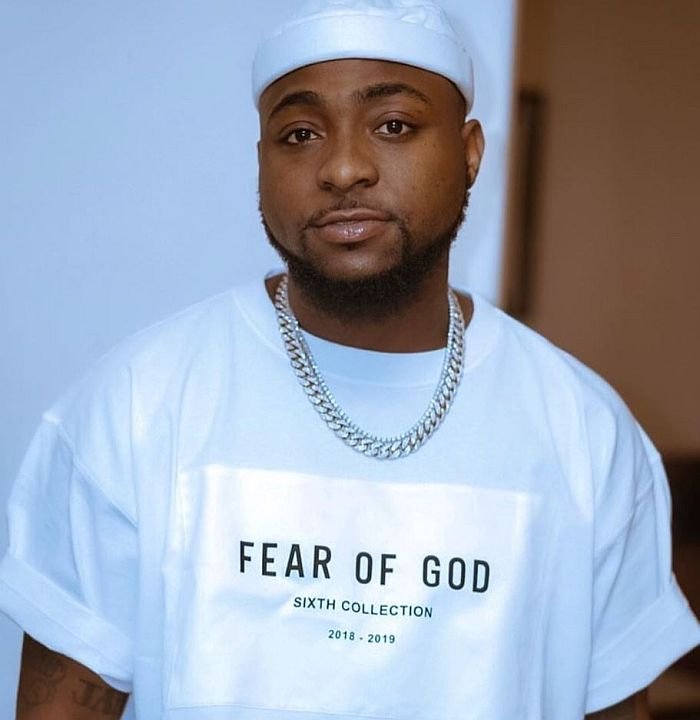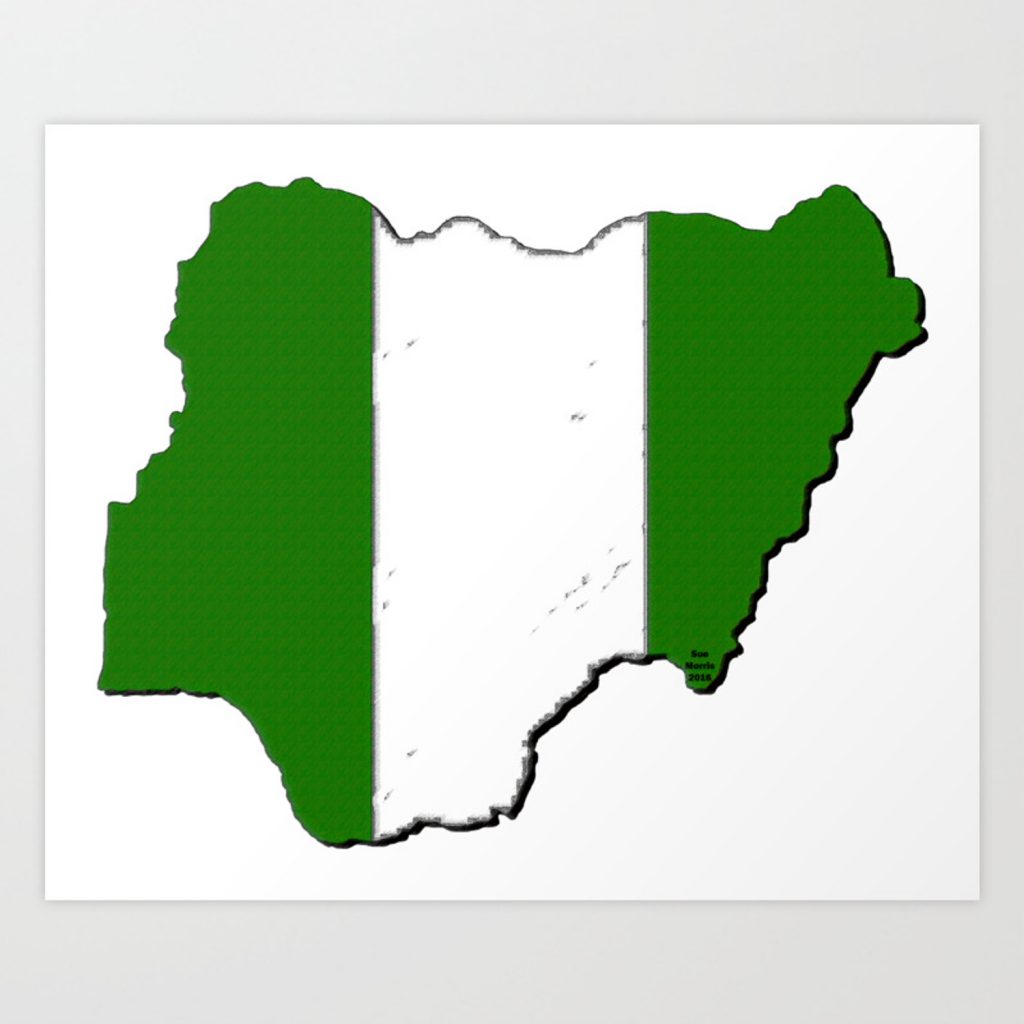
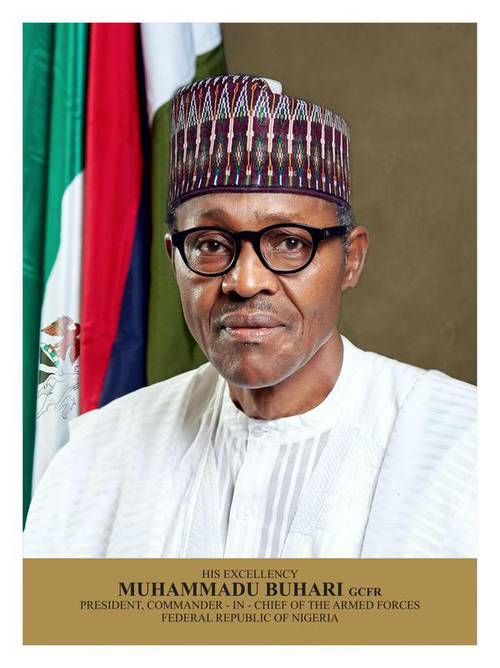
President of the Federal Republic of Nigeria. H.E. Muhammadu Buhari. Commander in Chief of the Armed Forces.
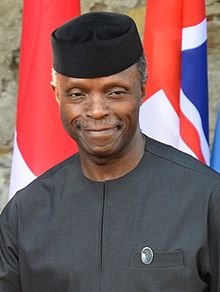
Vice President of the Federal Republic of Nigeria H.E. Prof Yemi Osinbanjo.
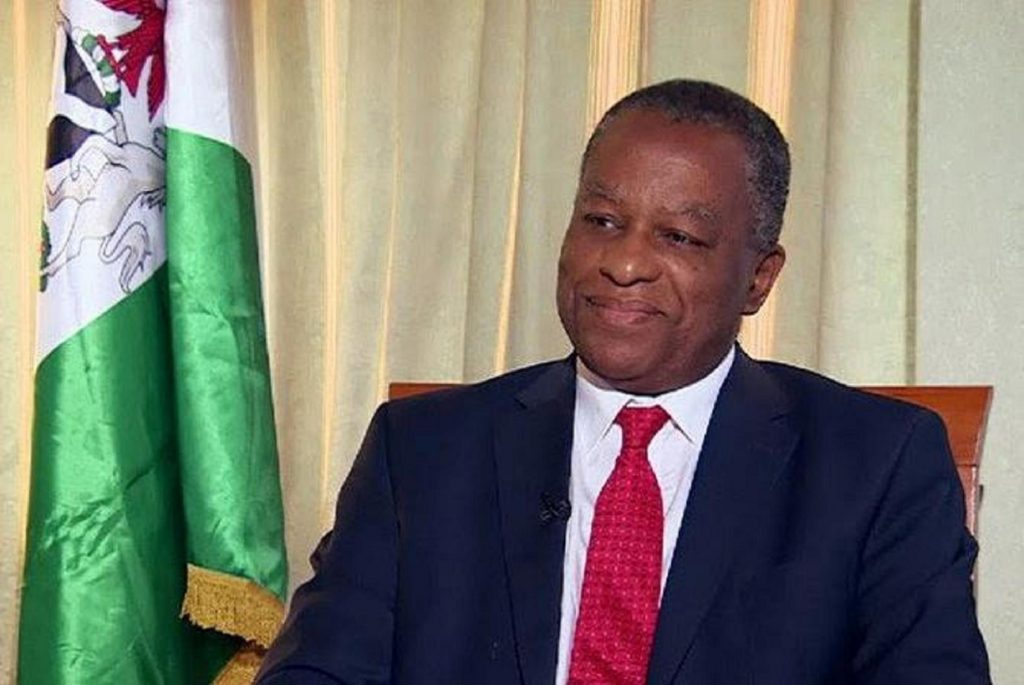
Minister of Foreign Affairs of the Federal Republic of Nigeria. H.E. Geoffery Jideofor Onyeama .
The Nigerian Government in September, 1988, launched the “National Cultural Policy”. This policy document defined culture as “ the totality of the way of life evolved by a people in their attempt to meet the challenges in their environment which gives order and meaning to their social, political, economic, aesthetic and religious norms and modes of organization, thus distinguishing a people from their neighbour”. As a further step, the Federal Government in June 1999, created the Federal Ministry of Culture and Tourism by mid 2006, the ministry was renamed Federal Ministry of Tourism, Culture and National Orientation, with the mandate to promote the nation’s rich cultural heritage, through the identification, development and marketing, of the diverse cultural and tourism potentials. However In November 2015, Ministry of Culture and Tourism was later merged with ministry of information, which is now known as Ministry of Information, Culture and Tourism.
Nigeria has been home to a number of ancient and indigenous pre-colonial states and kingdoms over the millennia. The modern state originated from British colonial rule beginning in the 19th century, and took its present territorial shape with the merging of the Southern Nigeria Protectorate and Northern Nigeria Protectorate in 1914 by Lord Frederick Lugard. The British set up administrative and legal structures while practicing indirect rule through traditional chiefdoms; Nigeria became a formally independent federation on October 1, 1960.
A multinational state, Nigeria is inhabited by more than 250 ethnic groups with over 500 distinct languages all identifying with a wide variety of cultures.The three largest ethnic groups are the Hausa–Fulani in the north, Yoruba in the west, and Igbo in the east; comprising over 60% of the total population.The official language of Nigeria is English, chosen to facilitate linguistic unity at the national level. The Edo people are predominant in the region between Yoruba land and Igbo land. This group is followed by the Ibibio/Annang/Efik people of the coastal southeastern Nigeria and the Ijaw of the Niger Delta. The rest of Nigeria’s ethnic groups (sometimes called ‘minorities’) are found all over the country but especially in the middle belt and north.
Nigeria boasts of a number of museums and monuments, games reserve and other natural and historical sights to see. There is the National Museum in Lagos, with branches in Jos, Benin and Kaduna. Enugu Museum, There are also the Ife Museum, the Oron Museum, the Esie Museum, the Kano Museum, the Owo Museum, the War Museum in Umuahia and the Calabar Museum. A museum of Black and African culture is housed at the Centre for Black African Arts and Civilisation (CBAAC) at the National Theatre, Iganmu, Lagos.
The caves, lakes and games reserves include:
- Ngwo Caves and Waterfall
- Enugu Museum
- Oguta Lake
- Yankari
- Ologbo
- Old Oyo
- Borgu
- Orle River
- Zugurma
- Dagida
- Alawa
- Kwambana
- Kainji Lake Game Reserve.
Other interesting sights are:
- The Shere Hills, Jos
- Olumo Rocks, Abeokuta
- Zuma Rock, Abuja
- Ikogosi Warm and Cold Spring in Ekiti State
- Obudu Cattle Ranch in the Cross River State
- Kura Falls in Plateau State
- Asorp Falls in Benue State
- The Oshun River and Shrine in Oshogbo, Oshun State
- The Argungu Village in Sokoto State, especially during the fishing festival
- The first storey-building in Nigeria and the slave chains of the slave trade era are all located in Badagry, Lagos State.
Oguta Lakes
The Oguta Lake in Imo State is a lake resort complex comprising a motel, and 18 hole golf course, relics of the civil war, natural confluence of Oguta Lake and Orashi river. Activities at the Lake include: boat cruising, fishing and bird watching.
Yankari National Park
The park is located around the Gaji River in Alkaleri Local Government Area; about 110 km south-west of Bauchi State. The reserve covers an area of about 2,224.10/km2 of savannah woodland and is stocked with elephants, baboons, waterbucks, monkeys, buffaloes, hippotamus, among several other big animals. The park is inhabited by a variety of birds such as saddle bills, herons, and eagles. Within the park is the Wiki warm spring which is one of the best features of the park
Ikogosi Springs
It is located in Ikogosi, Ekiti state, about 52 km North- West of Ado-Ekiti, Ekiti State. This is an irresistible site where warm and cold water ooze out from different sources. The springs flow side by side and meet at a spot with each maintaining its thermal identity the first of such in the world. The natural vegetation of the spring is left untouched for eco-tourism appeal. Lekki, Mayegun and Bar Beaches.
Obudu cattle ranch is about 350 km from Calabar, Cross river state. It is located at the exotic Oban Obudu Plateau which is over 5,200 feet above sea level. The ranch provides a semi-temperate climate of between 26°C (78°F) and 32°C (89.6°F), which may drop to between 4°C (36°F) and 10°C (50°F). The scenery is breathtakingly beautiful with hills, valleys as far as the eyes can see. The ranch is peaceful and close to nature: it comprises stonewalled, chalets, ranch, bar and restaurant, lawn tennis court and cable cars for utmost recreational experience.
The New Yam Festival of the Igbo people (Iwa ji, Iri ji or Ike ji, Otute,Orureshi in the idoma area)depending on dialect) is an annual cultural festival by the Igbo people held at the end of the rainy season in early August. Yams are the first crop to be harvested, and are the most important crop of the region. The New Yam Festival is therefore a celebration depicting the prominence of yam in the social-cultural life of Igbo people. The evening prior to the day of the festival, all old yams (from the previous year’s crop) are consumed or discarded. The next day, only dishes of yam are served at the feast, as the festival is symbolic of the abundance of the produce.
Eyo Festival:This is a Lagos indigenous festival staged to mark the transition of an important indigene to the great beyond.
Durbar Festival (Katsina, Kano, Zaria, etc.)
This is a rich display of horses mounted by colorfully dressed cavaliers, who pay traditional homage to the Emir to commemorate Sallah. It is held in some states in Northern Nigeria such as Katsina, Kaduna and Kano States.
Mamanwu Festival
It holds every November in Enugu. It is a colourful display of masquerades to usher in the new yam.
Nigeria is blessed with large tracts of arable land which makes agriculture an important sector of the economy with high potential for employment generation, food security and poverty reduction. Although the sector was largely dominated by subsistence farming, with improved seedlings, modern farming methods and better weather forecasting, agricultural yields have continued to grow.
These improvements have been driven by government policies which are aimed at encouraging more commercial and mechanized farming. These policies leverage Nigeria’s agricultural ecosystem to transform the country into a leading agribusiness and agro-allied industrial nation.
Agricultural sector contributes 25% of Nigeria’s Gross Domestic Product (GDP) and accounts for 48% of the labour force. The sector’s growth rate over the last 5 years averaged 4%. Crop production
Entertainment industry Nollywood and Nigerian music
Nollywood emerged in 1992 and quickly imposed itself as one of the world’s largest film industries. Today, it comes just behind “Hollywood and “Bollywood”, American and Indian film industries respectively. It is a unifying brand for practitioners in scripting, directing, sound, High Definition (HD) techniques, acting, cinematography, make-up, editing, etc. in Nigeria, Nollywood is the Nigerian national movie industry articulated around a few major production centres like Lagos, Onitsha, Enugu, Asaba and Abuja. The distribution of the films also hinge on these same production centres as well as other major distribution points in Nigeria such as Aba.

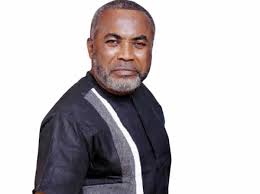
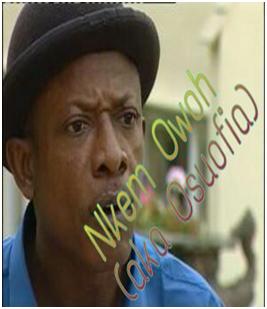
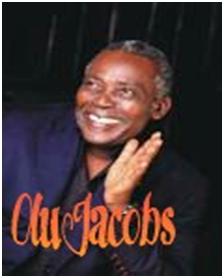
The movie “Living in Bondage” by Mr. Kenneth Nnebue was the bold step that made a journey of a million miles worth embarking upon. Today, looking behind to its trail blazing achievements, Nollywood with its sister – Nigerian Music Industry, is proud to take the world stage, by identifying its relevance and essence in filling the gap created by the dearth of quality productions in the local television channels and radio stations, Nollywood has established itself as a major cultural and economic force in Nigeria and the rest of Africa. The entertainment industry which they constitute accounted for over 1.4% of Nigeria’s Gross Domestic Product (GDP) in 2013 and this figure is fast growing.
